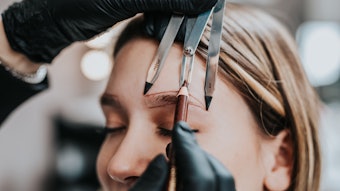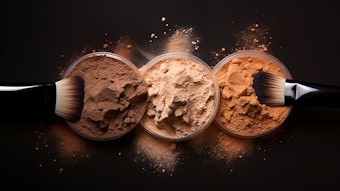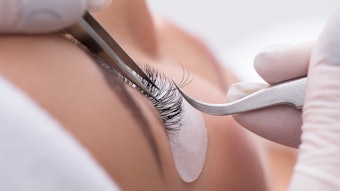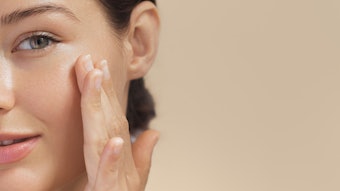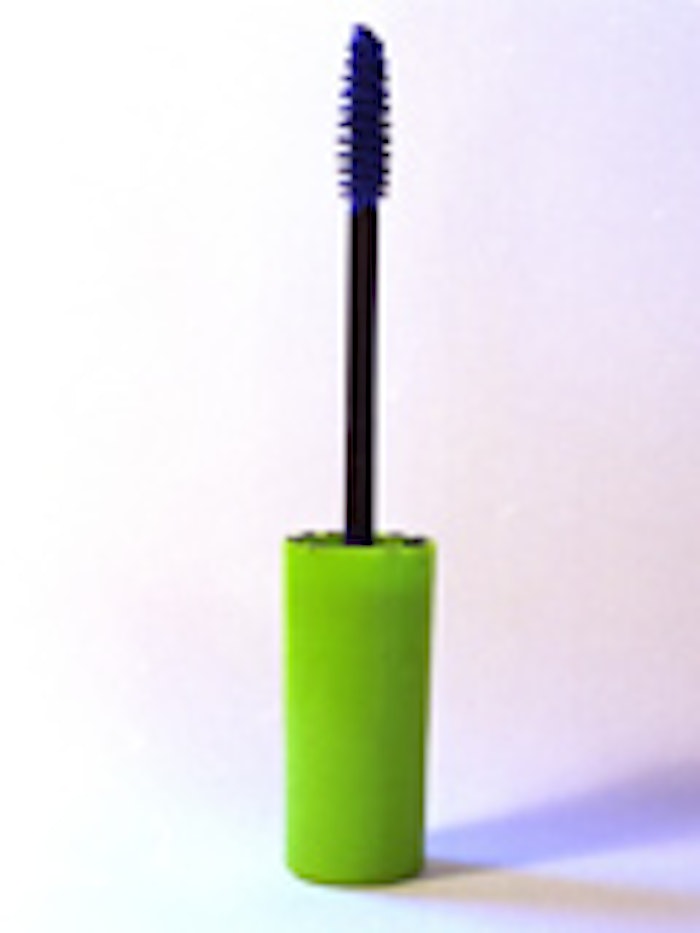
A shake-up of the natural cosmetics industry is expected to begin this year as a number of natural and organic standards are introduced. Organic Monitor sees 2008 as a defining year in which the adoption of private standards leads to a clear demarcation between pure natural/organic cosmetic and pseudo products. The growing number of certified products--clearly distinguished by logos and symbols–is expected to strengthen consumer confidence in natural and organic cosmetics.
The most important development this year will be the introduction of European standards of natural and organic cosmetics. The leading certification agencies in Europe have been working on harmonisation of private standards for more than a year. The European standards will be unveiled in June 2008 and be implemented by the end of the year. This development would give certified natural and organic cosmetic products uniform logos for the first time. The successful implementation of these standards could pave the way for EU regulations for natural and organic cosmetics, similar to those for organic foods. The EU introduced formal regulations for organic food production and marketing in 1992.
Whilst the agencies with the leading natural and organic cosmetic standards in Europe are working on harmonisation, other groups are developing their own standards. Various private standards are being introduced by certification agencies, industry groups and retailers.
Most developments are occurring in North America. NSF International, which has been developing its natural personal care standards for a number of years, will finally unveil its standards this spring. At the same time, the Organic and Sustainability Industry Standards (OASIS) for beauty and personal care products will be introduced by a trade group that includes manufacturers like Aveda and Hain Celestial. Private standards have also been introduced by Certech Registration, a Toronto-based standards agency.
NaTrue, an industry group that represents natural cosmetic companies, has recently announced that it is also developing its own standard. The group plans to introduce its natural cosmetic standard later this year, and will also lobby the EU for legal protection.
Retailers are also developing their own standards for natural and organic beauty products. Whole Foods Market has just announced its Premium Body Care Standard to separate its products from inferior naturals. British retailers have already introduced natural personal care ranges under their private labels. Boots has also developed its own standard for its Botanics Organics launch last year.
Private standards are being introduced to differentiate pure natural and organic cosmetics from competing products that contain low levels of natural ingredients and high levels of synthetic chemicals. The industry, realizing that standards and logos are important to build consumer trust, however appears to be dividing in terms of developing these very standards. The number of standards is proliferating, however it will ultimately be consumers that decide what standards and logos will succeed.



